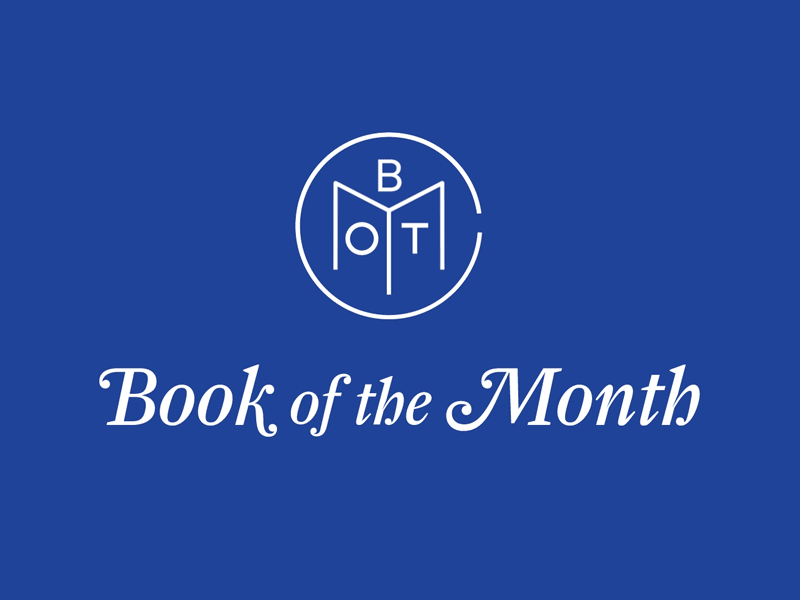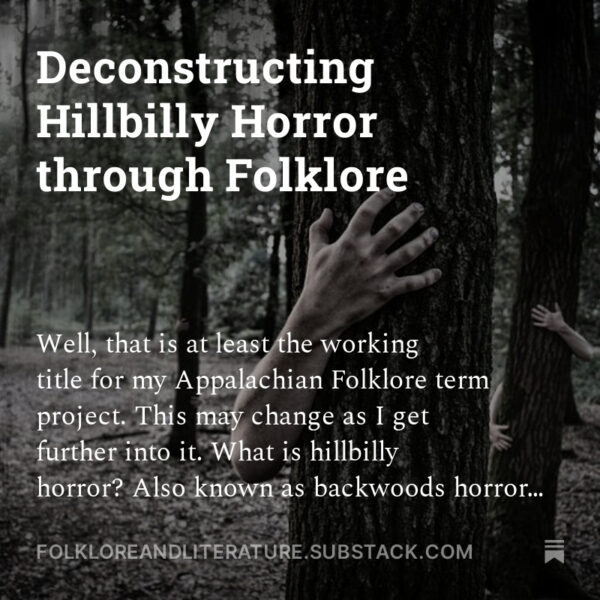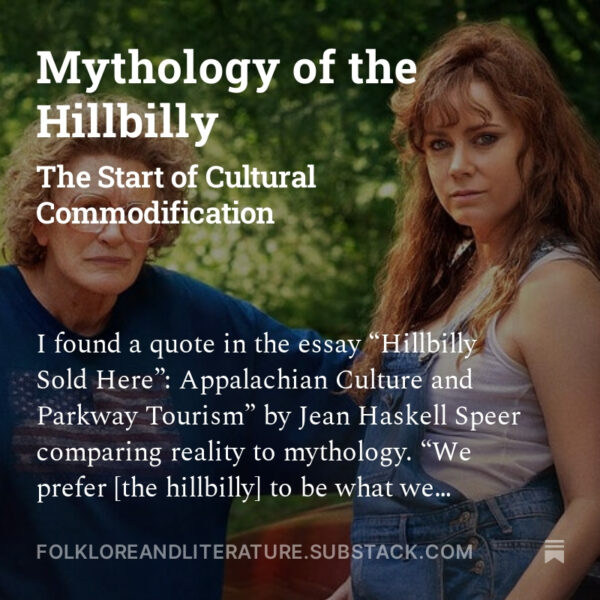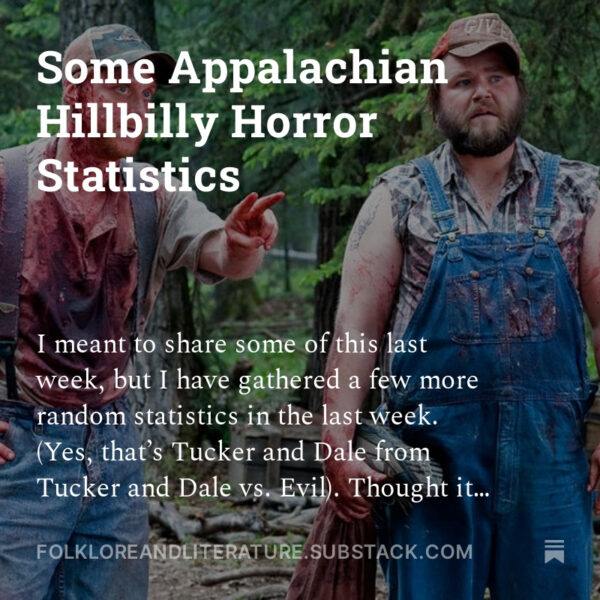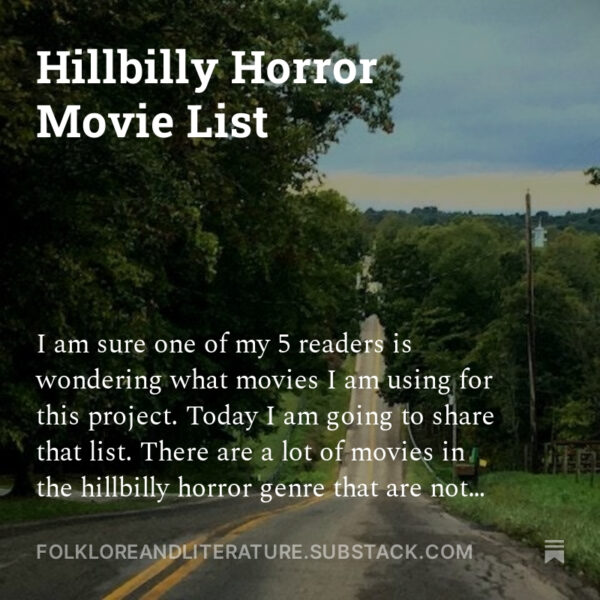You Read Non-Fiction?
Today, over on Instagram, I posted a breakdown of the genres I’ve read so far this year according to Storygraph.
I received a comment from someone who seemed genuinely impressed that I – or maybe anyone – read non-fiction and recommended a book to me.
Confession time: I read EVERYTHING recommended to me. E.V.E.R.Y.T.H.I.N.G.
Now, I did admit in my post that most of this non-fiction was read for university. My final semester required four different research projects/papers. Needless to say, I read a lot of books for those papers. Not going to lie, I used those projects as an excuse to read a handful of books I wanted to read on my select topic. There were also binders full of scholarly papers used for my research as well. This brings me to my response to the comment I received and something I feel very passionate about.
Information, and by extension knowledge, should be accessible to everyone.
Unfortunately, this isn’t the case. Libraries are free giving everyone access to books. Yet, 61% of Americans 16 and older have a library card. I get it, not everyone likes to read. This isn’t what I am talking about though.
There is a lot of information out there that is only accessible to scholars or professionals. Much of this information could benefit the general population, but it is not available to everyone. You have to have access to databases or journals. There are books that are written with these same people in mind that require an above average reading level. I really hate reading this kind of stuff.
Authors who use big words just to show off their vocabulary need to be beaten with their books.
In one of my sociology classes we were given Race and America’s Long War by Nikhil Pal Singh to read. It used phrases like “laboratory of police modernity” and words like “majoritarian”. Here is a sentence from that book, picked at random:
Criminal assignment has linked presumptions about individual and group propensities to antisocial behavior and threat to embodied stigma and subjection to sanctioned violence that exceeds the logic of civil compact.
Honestly, there is no need to write like that. Yet, entire books are written this way. There is so much good information in this book and yet, a lot of people will put it down because of how it is written. I walked into class after reading the book and told my professor I wanted to burn it. She assigned the book because of the information in it, and, she admitted, as a learning experience about pretentious authors and their books. Yes, even my sociology professor found it pretentious.
Writing books and papers whose audience is academics is doing nothing but keeping that information and knowledge locked behind doors that need a special key. Is it any wonder that certain groups of people don’t trust colleges and anyone they deem smarter than them? Scholars and academics are considered elitists. I can understand why. They don’t want to share their information in a way that everyone can understand. They only want to share it with their peers who have the decoder ring.
Yes, I will read non-fiction for fun if it is a subject I am interested in. It also cannot be written by a pretentious author who only wants to show off how smart they are. Those are not fun books to read. Reading should be fun, even if you are reading to gain information. A book can make you think without taxing your brain.











